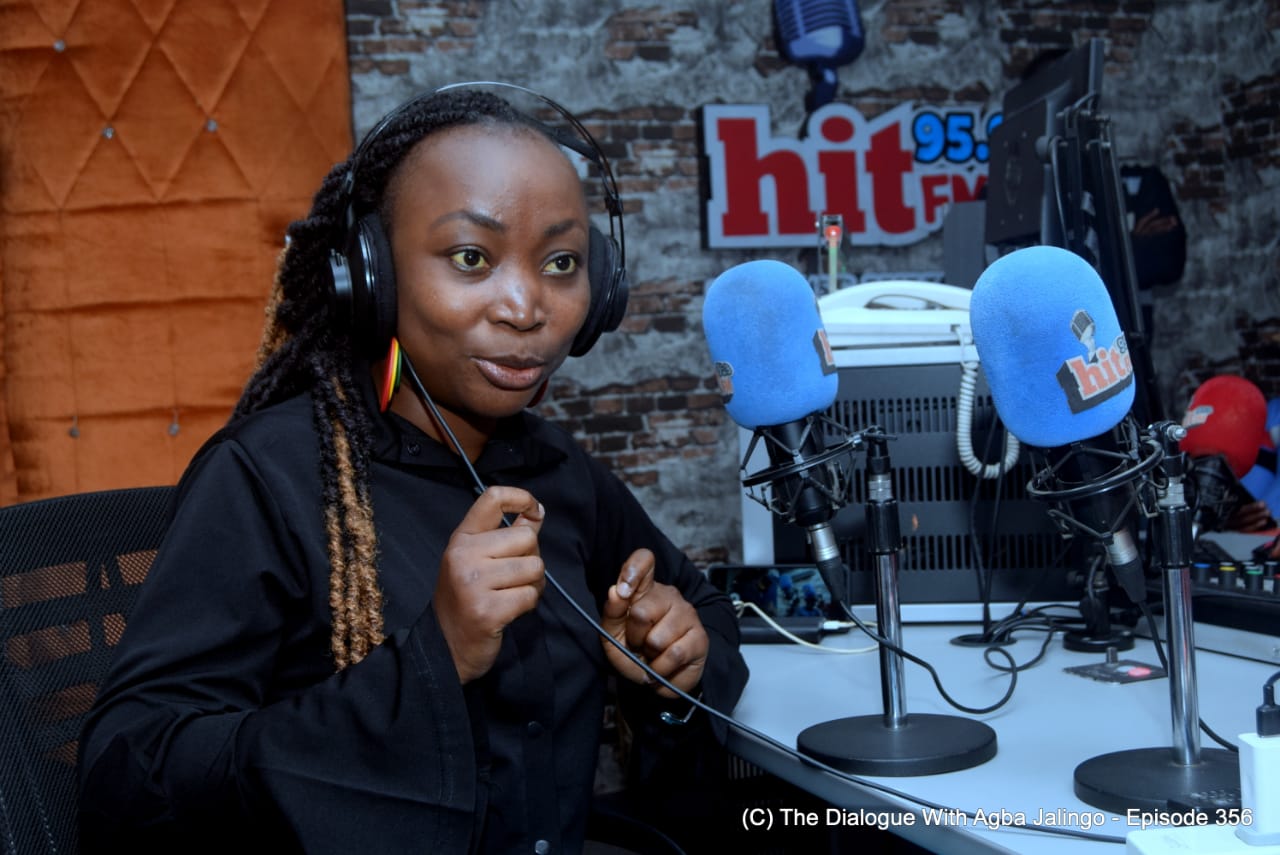In June 2023, Onor-Obassi Egim Tawo, a lawyer based in Calabar, began an online petition on Change.org demanding that the government make genotype counselling and tests mandatory for intending couples in Nigeria. This policy measure, she thought, would help would-be couples make informed decisions and consequently reduce the high rates of sickle cell births in Nigeria.
Since its inception, the online petition has accrued at least 895 signatures, although it remains short of its benchmark of 1,000 signatures. Tawo’s younger brother had died from sickle cell anaemia despite the huge doses of treatment.
“This had a huge impact on my life and my health because I was afraid I would die too. In the years that followed, I learnt more about this health condition so I could live better.”
According to the World Health Organisation, sickle-cell disease is marked by changes in the shape of the red blood cell from its characteristic doughnut shape into a crescent shape. The misshapen cells often lack plasticity and can block small blood vessels from transporting blood to vital organs.
In Nigeria and other African regions, the majority of children with the most severe form of the disease die before the age of 5, usually from an infection or severe blood loss. In countries such as Cameroon, the Republic of Congo, Gabon, Ghana, and Nigeria, the prevalence is between 20% and 30%. Yet in a place like Uganda, the incidence can be as high as 45%.
The Sickle Cell Foundation of Nigeria estimates that 40 million Nigerians are healthy carriers of the sickle cell gene, with at least 150,000 babies born with sickle cell anaemia (Hb SS each year). This is by far the largest burden of the disorder anywhere in the world, compunded by ignorance and inadequate access to proper diagnosis and care.
Inspired by personal experience and ignorance
Mrs. Onor-Obassi Egim Tawo, who has also written books on the subject, told Prime Progress that her personal experience and the widespread neglect about genotype matching were the reasons she established Okares Sickle Cell Foundation
“What inspired me to begin Okares Sickle Cell Foundation was the high level of ignorance and indifference to sickle cell and how it can be prevented in my immediate community and all of Nigeria as it were. It began first as a sickle cell health advocacy seminar I hosted on the 10th of February, 2018. It was supposed to be a one-off event, but the feedback from that event made me decide to build a structure around the sickle cell awareness campaigns.
“I was motivated by my personal experience living with sickle cell anaemia and the loss of my younger brother to the same sickle cell anaemia.”
According to Tawo, Okares Sickle Cell Foundation aims to reduce the high birth rate of children born with sickle-cell disorders through enlightenment and advocacy considering that “ Nigeria is currently the capital of SCD with 150,000 sickle cell births annually,” she said.
“Our “Know Your Genotype Campaigns” is focused on creating sickle cell awareness through virtual and in-person awareness events, blogging real-life experiences of warriors (persons living with sickle cell disorders) on our blog, and through my non-fiction books, ‘Rate Your Pain’ and ‘NORTHWEST’.”
Okares’ campaigns is mostly targeted at young adults. Yet, Tawo maintains that the message is suitable for the entire population.
Lack of a physical space and limited funding
Tawo admitted that limited funding as well as a lack of office space impede Okares’s sensitization campaign beyond Cross River State to other regions of Nigeria.
“While Okares Sickle Cell Foundation is registered with the Corporate Affairs Commission Nigeria, we have a few challenges in executing our programmes, chief of these is funding for the programme. Most of our events have been funded from my pocket, with the assistance of my family, friends, or well-meaning individuals whom we reach out to support or partner on the events.
“We have a programme manager and a large team of volunteers. Our communication and coordination of events is usually done virtually as we do not have a physical office space,” she said.
In June 2023, Calabar-based lawyer Onor-Obassi Egim Tawo initiated an online petition on Change.org, pushing for mandatory genotype counselling and tests for couples in Nigeria to reduce the rates of sickle cell births. The petition, influenced by her personal experience of losing her brother to sickle cell anaemia, has gathered 895 signatures so far.
Tawo's advocacy extends to founding the Okares Sickle Cell Foundation, which aims to enlighten and advocate to reduce sickle cell births. This mission is driven by the disease's high prevalence in Nigeria, with 150,000 babies born yearly with sickle cell anaemia. The foundation organizes awareness campaigns and shares real-life experiences through various platforms, including books and blogs.
However, the foundation's efforts are hampered by limited funding and lack of physical office space, which restricts their operations to Cross River State. Despite being registered with the Corporate Affairs Commission Nigeria, most initiatives are supported financially by Tawo and her family, alongside volunteers who assist in the campaigns coordinated virtually.






